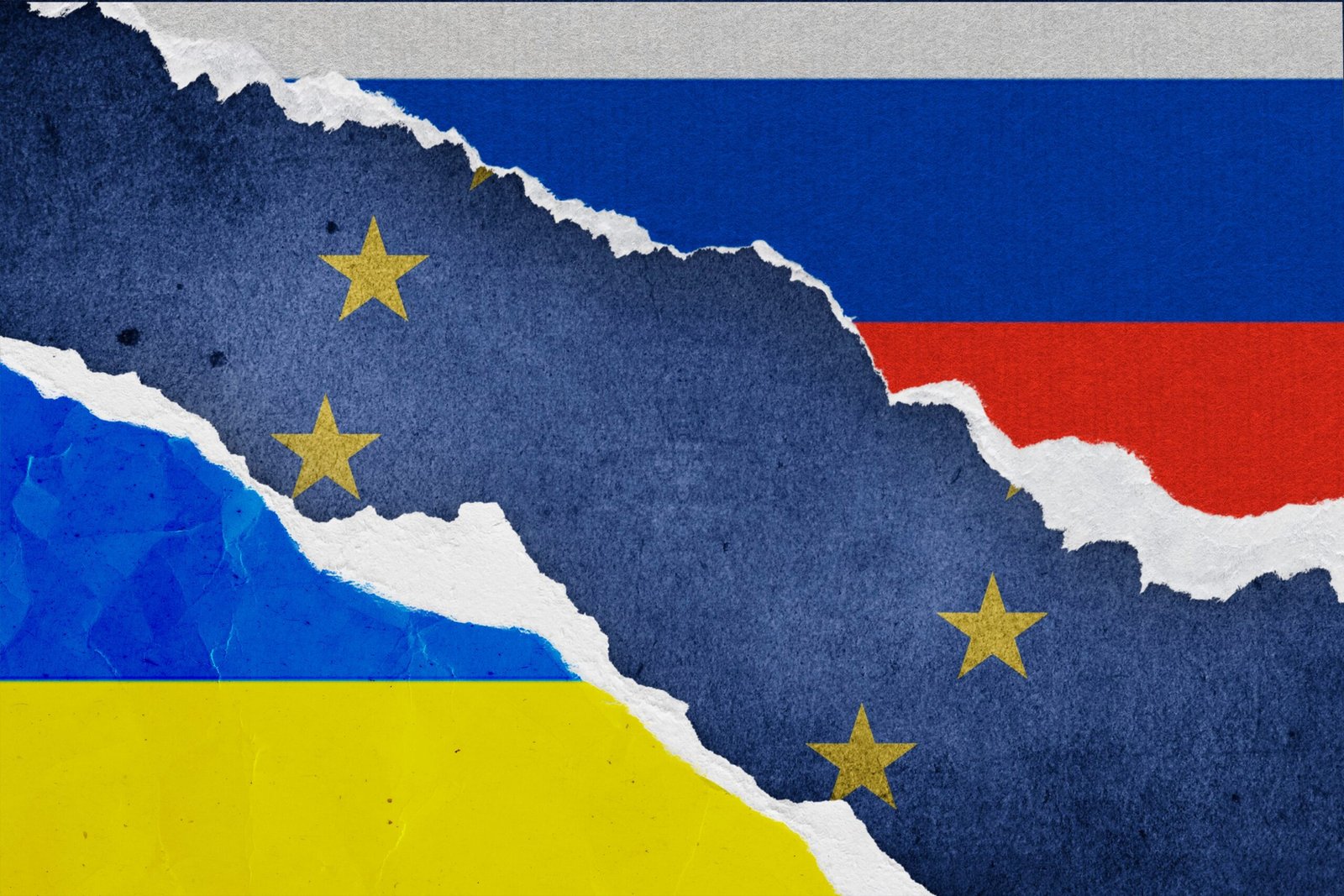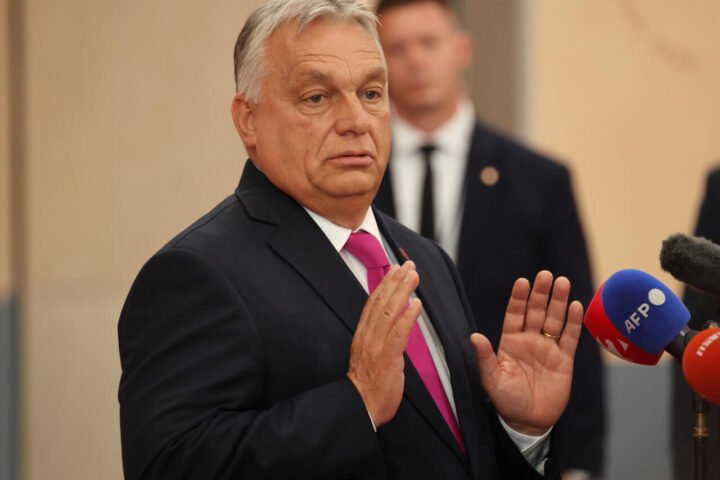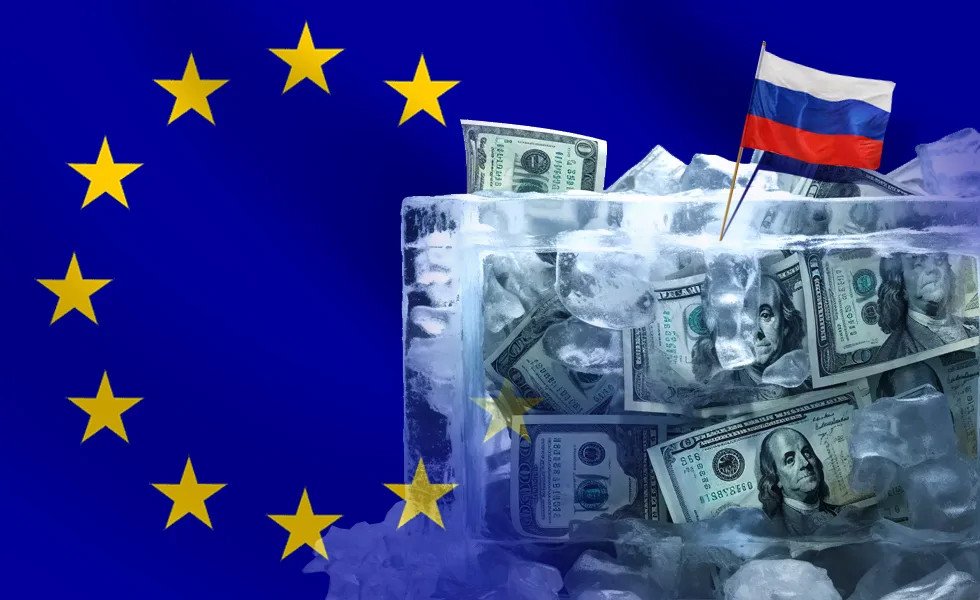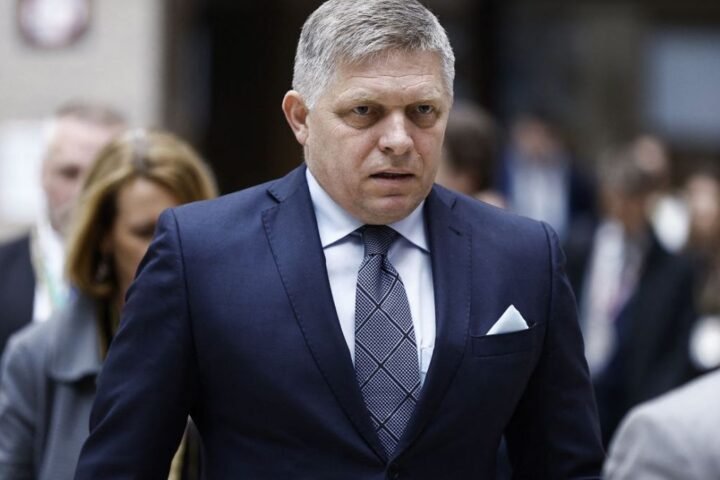Four years into Russia’s full-scale invasion of Ukraine, the European Union finds itself in a contradictory position — supporting Kyiv with record levels of financial and military assistance while continuing to pay billions of euros to Moscow for energy supplies. According to data reviewed by Reuters on October 10, 2025, commercial payments for Russian oil and gas continue to sustain the Kremlin’s war economy even as the EU proclaims its commitment to isolating Russia.
Billions still flowing to Moscow
Since 2022, the EU has reduced its dependence on Russian energy by about 90%, once a cornerstone of its import structure. Yet, according to the Centre for Research on Energy and Clean Air (CREA), EU member states imported more than €11 billion worth of Russian fossil fuels in the first eight months of 2025 alone. In total, since the start of Russia’s invasion, EU purchases have reached over €213 billion — surpassing the bloc’s total aid to Ukraine over the same period.
Despite sanctions and political commitments, seven EU member states actually increased their imports of Russian energy compared to the previous year, including five nations that publicly support Ukraine. France raised its purchases by 40% to €2.2 billion, while the Netherlands surged by 72% to €498 million. Other countries also saw growth: Belgium by 3%, Croatia by 55%, Romania by 57%, Portugal by 167%, and Hungary by 11%.
Hungary and Slovakia, maintaining close ties with Moscow, remain among the largest importers, together accounting for around €5 billion in Russian energy imports. CREA analyst Vaibhav Raghunandan called this trend “a form of self-sabotage,” noting that revenue from energy sales remains the main source of funding for Russia’s military campaign in Ukraine.
Energy stability versus moral clarity
EU policymakers have long argued that a gradual phaseout of Russian energy is necessary to avoid market shocks and protect European industries from surging costs. For several governments, maintaining limited energy flows from Russia still represents a means of keeping production affordable and ensuring energy security during the transition to alternative sources.
However, continuing to purchase Russian oil and gas — even at reduced volumes — effectively sustains the Russian budget and, by extension, its war machine. Critics describe this as a short-sighted policy that undermines the EU’s strategic and moral objectives in supporting Ukraine.
U.S. pressure and shifting strategies
President Donald Trump, addressing the United Nations General Assembly, sharply criticized European leaders for “financing both sides of the same war.” His remarks increased diplomatic pressure on Brussels, pushing EU institutions to accelerate diversification of energy sources and adopt stricter import restrictions on Russian supplies.
Since 2022, the EU has drastically cut its imports of Russian pipeline gas to around 16 billion cubic meters — just 10% of pre-war levels. Yet, deliveries of Russian liquefied natural gas (LNG) have grown, filling part of the gap left by reduced pipeline flows. Hungary and Slovakia remain the primary consumers of pipeline gas, while several Western European countries continue to receive LNG shipments.
Legal barriers and the next sanctions package
Many EU governments support a full phaseout of Russian energy, but energy companies such as TotalEnergies, Shell, Naturgy, and SEFE remain bound by long-term contracts with Russian suppliers. These agreements cannot be suspended without official EU sanctions, as doing so would expose companies to severe financial penalties. Analysts argue that the EU must establish a clear legal framework to terminate these contracts without breaching trade law.
The European Commission’s 19th sanctions package, approved in mid-September, includes a full ban on imports of Russian LNG starting January 1, 2027. Slovakia has objected to certain provisions related to energy and the automotive sector, but the package is expected to be formally adopted by October 2025.
Toward real energy independence
Reducing reliance on Russian energy not only strengthens Europe’s economic and political autonomy but also limits Moscow’s leverage over the continent. It opens the way for greater investment in renewable and domestic energy production, fostering innovation and long-term stability. At the same time, cutting off Russia’s access to European revenue weakens its capacity to finance aggression against Ukraine — reinforcing the EU’s stated goal of defending democracy and international law.









